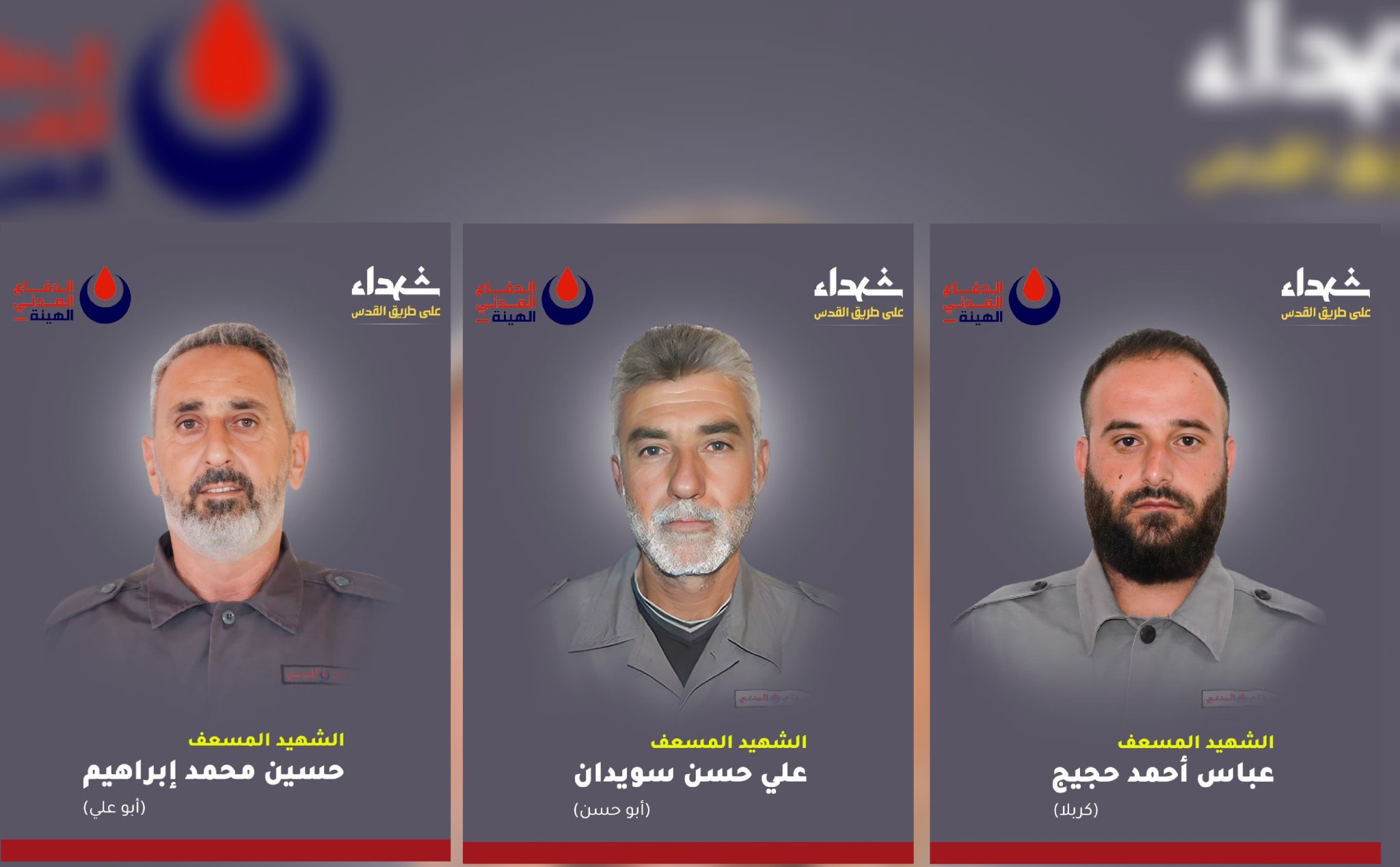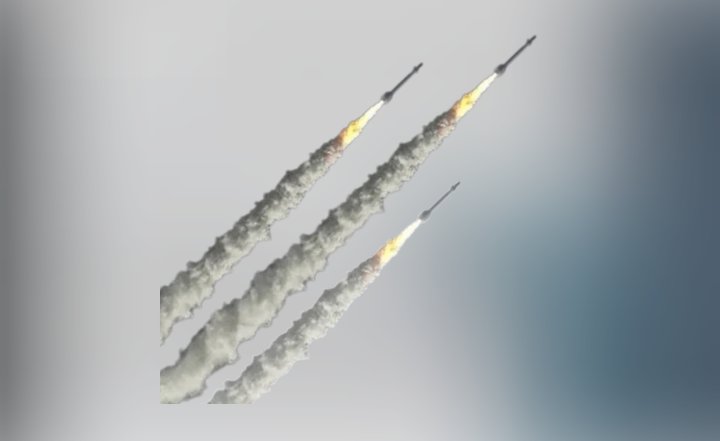
Iranian President Hassan Rouhani announced during a joint press conference with the Emir of Qatar, Sheikh Tamim bin Hamad bin Khalifa Al Thani: We have decided to form a joint committee between the two countries that will hold regular annual meetings.
President Rouhani said during the press conference this afternoon Sunday that it has become clear to everyone that the relations between the two brotherly countries are historical relations based on friendship and good neighborliness.
Rouhani added that, in recent years, following the blockade and the embargo imposed by some countries on Qatar, Iran has fulfilled the obligations of neighborliness and historical friendship and stood by Qatar and will remain in the future as well.
Rouhani stressed that today’s talks witnessed important decisions being taken in the development of relations between the two countries and said that we have good political relations and we have very good energies in the economic, commercial, scientific and cultural fields. Commercially and technically, and to invest in the two countries in all fields.
He continued that we have decided that the joint committee between the two countries should hold regular annual meetings, as well as we have decided to strengthen political relations and exchange visits between political and economic officials in order to utilize all energies to serve the peoples of the two countries.
President Khatami stressed that, given the importance of the security of the region, especially the waterways in the Persian Gulf, the Strait of Hormuz and the Sea of Oman, we decided to launch greater consultations and cooperation for the security of the entire region, and we attach importance to this visit and the presence of the Emir of Qatar and the accompanying delegation in Iran, and we hope to witness broader relations between the two countries.
Rouhani expressed his hope that this visit would have a very constructive impact on the two countries, expressing his thanks for the presence of the Emir of Qatar in Tehran.
The Financial Times: This is how dollars are smuggled from Lebanon to Damascus

The British newspaper “Financial Times” published a report on the Syrians’ vulnerability to the dollar shortage crisis.
The newspaper started from the congestion recorded along the international road between Beirut and Damascus, noting that trucks loaded with imported products share the road with vehicles carrying Syrian plates and transporting businessmen. The newspaper continued by saying that cars smuggle bundles of dollars from Lebanese banks and exchange houses to Syria, confirming This highway is a financial lifeline for Syria, as it helps companies survive in an unclear economy in which the lines between smuggling and trade appear blurred.
Based on these data, the newspaper pointed out that Syria, which is economically dependent on import, is living in the shadow of greater chaos with the outbreak of the Lebanese banking crisis and the crisis of the scarcity of the dollar, which helped Syria to continue importing.
The newspaper, which talked about reducing the ceilings of withdrawals and restrictions on transfers, quoted a businessman in Syria as saying: “We have a real problem at the level of cash flow.” He added: “All Syrian business is done through Lebanon … We now count every pound we spend.”
In this context, the newspaper dealt with the close Lebanese-Syrian trade relations, noting that Lebanese lawyers open fake companies for the Syrians, and that Lebanese ports receive fuel intended to reach Syria, and that the black foreign exchange market in Lebanon provides Syrians with cash.
The newspaper continued by saying that the private Syrian banks are mostly only branches of Lebanese banks, pointing out that Syrian companies use Lebanese banks to circumvent international sanctions.
For his part, economist Roy Badaro explained that the Damascene commercial companies represent the authority that is credited with establishing banks in Beirut, indicating that the origin of one of the families that owns a prominent bank is Syrian.
In addition to the foregoing, the newspaper touched on the period in which the two countries adopted a single currency, saying: “The Lebanese banks’ tanks have always contained Syrian money, as Syrian investors were searching for a safe haven for their money during the era of the father Assad, during which nationalization and socialism policies were applied and during the years of the civil war. Recently”.
The newspaper continued by talking about the Syrian pound, which lost 20% of its value since the end of September, and inflation in each of Lebanon, Syria, explaining that the high prices had a great impact on the Syrians. The newspaper quoted a Syrian businessman as saying, “Syria is on the edge of an abyss.”
In turn, the Syrian economist resident in Damascus, Samir Aita, warned that the situation is very dangerous, adding: “It can lead to starvation,” as the prices of some food commodities increased by 15-20%.
The businessman who said that 80% of the Syrians ’money is deposited in Lebanese banks (Lebanese banks grant interest of up to 10%), confirmed that everyone is afraid of losing their money.
After two years of failure to pay … Lebanon loses its right to vote in the United Nations

146 out of 193 countries were able to pay the due due to the United Nations
Ten countries defaulted on payment for two years, including Lebanon. United Nations spokesman Stephane Dujarric announced that these countries may lose their right to vote in the General Assembly.
Also among the underdeveloped countries are the Central African Republic, The Gambia, Somalia, Yemen and Venezuela.
According to the laws of the United Nations, a country that fails to pay two years is not entitled to vote in the General Assembly. The General Assembly may reconsider allowing the member state to vote if it is convinced that force majeure circumstances outside the control of the member state have resulted in failure to pay.
For the first time in its history, Lebanon ranks among the countries that are at risk of losing its vote, given that the Cedar Country is a founding member of the United Nations.



